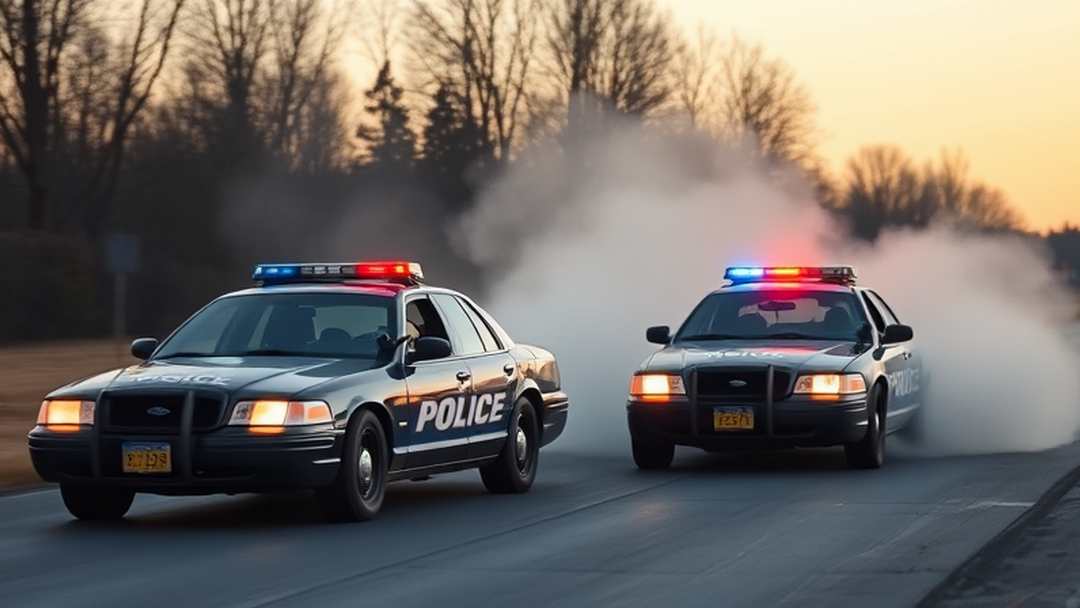Sorry…Not Sorry
Michigan Governmental Immunity Laws
Michigan’s governmental immunity laws provide legal protection to government agencies and their employees in negligence lawsuits. Here are the key points:
Governmental Agency Immunity:
- A governmental agency is immune from tort liability when engaged in the exercise or discharge of a governmental function.
- This immunity does not modify or restrict the state’s immunity from tort liability as it existed before July 1, 1965.
- The state’s immunity from tort liability is affirmed.
Officer and Employee Immunity:
Officers, employees, and volunteers acting on behalf of a governmental agency are immune from tort liability for injuries or property damage caused during the course of employment or service.
Conditions for immunity:
- Acting within the scope of authority.
- The governmental agency is engaged in a governmental function.
- Conduct does not amount to gross negligence that proximately causes injury or damage.
- Intentional torts are not covered by this immunity.
Specific Immunities:
- Judges, legislators, and the highest appointive executive officials are immune from tort liability when acting within their respective authorities.
- Guardians ad litem are immune when acting within their authority.
Why not you?
Because you don’t work for the government.
Watch the abuse in the near future
Relevant Michigan Compiled Laws (MCL) Links
- MCL Section 691.1407: Detailed provisions on governmental immunity.
- MCL Section 691.1418: Factual disputes related to injuries and serious impairment of body function.
News Articles on Michigan Immunity Laws
- FOX 17: What is Government Immunity?
Provides an overview of government immunity in Michigan. - FOX 2 Detroit: Waiting for Justice – Michigan’s Public Employees and Government Immunity
Discusses how government immunity protects public employees unless gross negligence is proven as the proximate cause of injury or damage.
FAQs
Is Michigan a qualified immunity state?
- In Michigan, qualified immunity is created by statute. Its application, however, is limited to state court civil actions alleging tortious behavior causing injury or damages, such as cases which allege assault, battery (excessive force claims), and injuries from vehicular accidents.
What are the exceptions to governmental immunity in Michigan?
- Since 1986, most of the governmental immunity cases have been focused on the major exceptions to governmental immunity—failure to keep highways in reasonable repair, the negligent operation of government-owned motor vehicles, and dangerous or defective conditions in public buildings.
Who qualifies for immunity?
- Qualified immunity only applies to suits against government officials as individuals, not suits against the government for damages caused by the officials’ actions. Although qualified immunity frequently appears in cases involving police officers, it also applies to most other executive branch officials.
What states are getting rid of qualified immunity?
- In addition, cities and states can create their own causes of action to hold government officials accountable and ban qualified immunity as a potential defense. Today, four states—Colorado, Montana, Nevada, and New Mexico—have eliminated qualified immunity for state constitutional lawsuits against police officers.
Here’s the Law
MCL Section 691.1407
691.1407 Immunity from tort liability; intentional torts; immunity of judge, legislator, official, and guardian ad litem; immunity of governmental agency under MISS DIG underground facility damage prevention and safety act; definitions.
Sec. 7.

Qualifying for a Public Defender in Michigan
In Michigan, individuals charged with a crime have the constitutional right to legal representation.In Michigan, individuals charged with a crime have the constitutional right to legal representation. For those unable to afford a private attorney, the state provides...

Terry Stop and Refusal to Identify Yourself to Police
Because this is how it always goes...This is the second part of this post. Read this first - Just Because You're Hanging Out in a High Crime Area Doesn't Make You Suspicious.Standard for Investigatory Detentions / Terry Stops Under Terry v Ohio and other well...
Other Articles
What are Miranda Rights?
What are Miranda Rights?Miranda Rights, also known as the Miranda warning, are the rights given to people in the United States upon arrest. “You have the right to remain silent. Anything you say can and will be used against you in a court of law…” These rights stem...
What is the Exclusionary Rule?
What is the Exclusionary Rule?The Exclusionary Rule is a legal principle in the United States that prevents the government from using most evidence gathered in violation of the United States Constitution. Specifically, it applies to evidence obtained through an...
I am going to Canada – Can I bring my cannabis?
Borders and Cannabis and MoneyFerengi Rule of Acquisition #41. Profit is its own reward.If you bring your own cannabis to Canada. How does the Canadian government profit? They don't so they will punish you if you get caught. It's simple. It's about the money. That is...
Squatters in Michigan
SquattersSquatting, in one definition is the unauthorized occupation of a property, can be a frustrating ordeal for property owners in Michigan. Understanding the relevant laws and procedures is crucial for regaining possession of your property.Squatting vs. Adverse...












